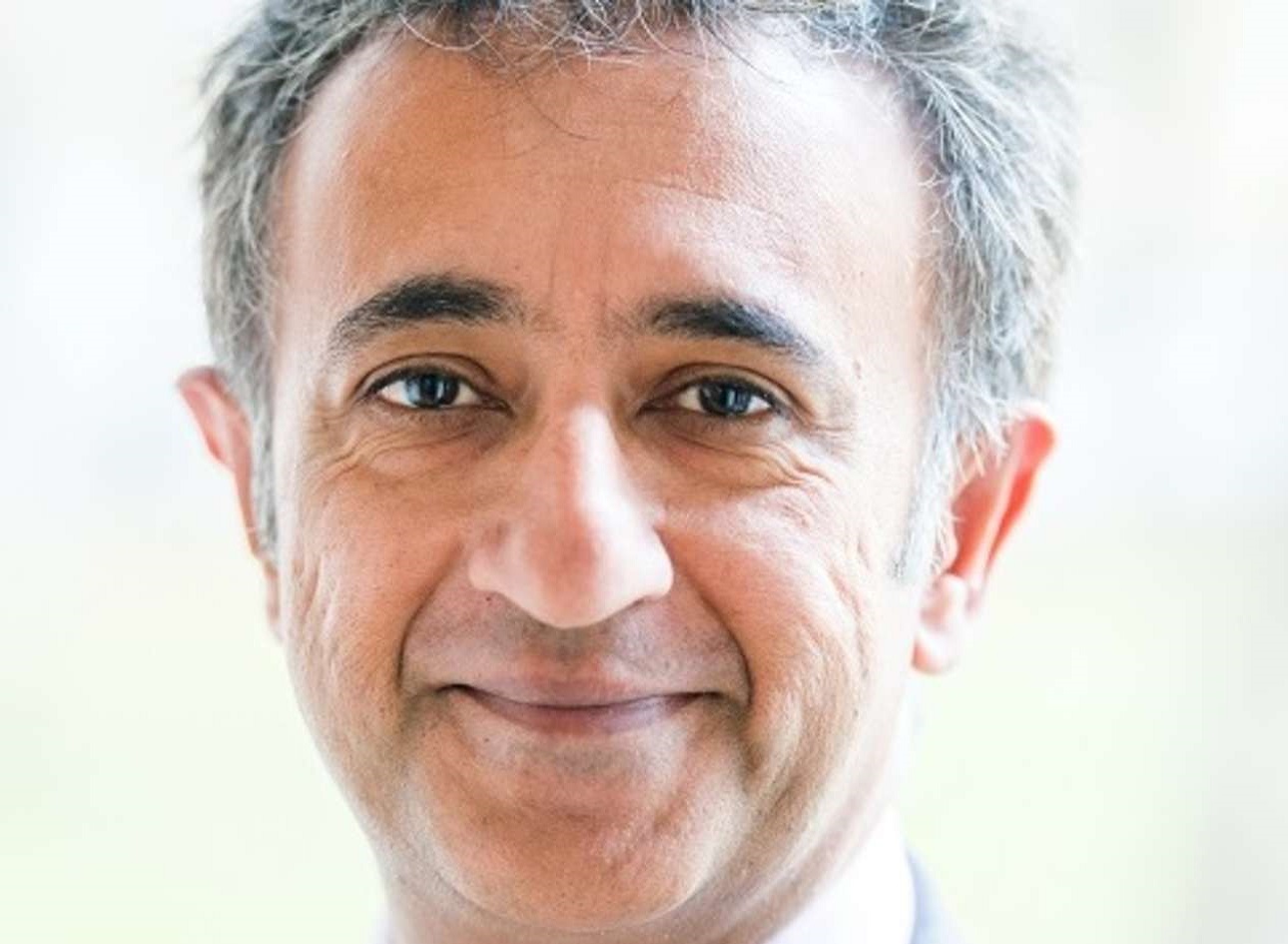Professor Shamit Saggar, Professor of Political Science and Public Policy at ISER spoke at the ESRC’s launch of the Festival of Social Science at the Royal Society on 7 November. Here he outlines his thoughts on how social science is helping to tackle global grand challenges.
It is worth moving slightly away from the agenda of how social science can or should benefit our economy alone, something that is at the fore of most discussions I am observing currently. That is not because social science has not much to offer (it does, and in ways that demonstrably complement our investments in the natural, mathematical and medical sciences). Rather, because there are several vital social science big challenges that deserve attention, and, I would argue, greater shared endeavour across the research policy landscape.
Three such challenges stand out. First (and I would say this), the area of international migration represents a very substantial on-going challenge for the UK and similar countries. There are issues of economic displacement and labour market competitiveness that are regularly visited by distinguished economists, and these are unavoidably linked to population churn, compositional change and efforts to reshape opportunity structures, not least for indigenous workers near the bottom of the skills range. Immigration only highlights the pressure points and forces government, often unwillingly, to address the wider economic dimensions.
And that is before the need to address the social consequences of immigration. In the UK’s case, rapid rises in only half-foreseen labour migration from Europe have fuelled considerable anxieties, rows and political polarisation. There are numerous helpful insights available from political science, psychology and sociology (to name three) that shed light on the causes of all of this. The really useful work spans these disciplines to probe why the social and cultural fears provoked by immigration have been so great and unmanageable. The Brexit vote brought together the European and immigration issues in a single lethal cocktail, acting as a lightning rod of fear and insecurity on an unprecedented scale. And we can make good use of our fresh research on the causes and consequences of Brexit being carried by Understanding Society, the UK Household Longitudinal Study.
Second, domestic and international terrorism inspired by radical Islamist ideas is with us for a generation. The UK’s former boss of GCHQ, David Omand, encouraged researchers and policymakers to think about the challenge as a long-term given, although its definition and character is constantly changing. Social science drawing from sociology and anthropology has examined the nature of embedded grievance, drawing historic parallels with earlier waves of violent extremism in Northern Ireland, Germany, Canada and Spain. And there are many more excellent insights on the various faces of this challenge that have been produced by criminologists, geographers, demographers and security studies specialists. Each of these have great potential in helping to answer how and why oppositional cultures have grown so rapidly and deeply, as well as providing robust measures to track the impact of government policies.
In short, the policy debate has got stuck between efforts to treat downstream violent conspiracies versus addressing upstream sources of conflict – and social science is critical to getting this balance right.
Finally, looking in another direction, there is an emerging focus in the Industrial Strategy on the idea of Services 4.0 – the emerging capability to offer a new tailored service economy. This is promising territory for social science, chiefly because innovative data analytics can inform the choices that firms make to anticipate and respond to consumer preferences. Numerous social science disciplines can add to the insights generated by the analysis of big data, not least from psychology, economics, business and management. But there is another prize to consider. This is the opportunity for regulators of markets and public services also to capture and understand how people navigate markets and public services, and how they might do so better.
All of this matters because the concerns about predatory behaviour by some firms and in some sectors are serious and mounting. Government, through the regulators it creates and arms, is going to have to rethink how to support consumers better. And if it can support them more effectively, this will result in real benefits for ordinary people.
